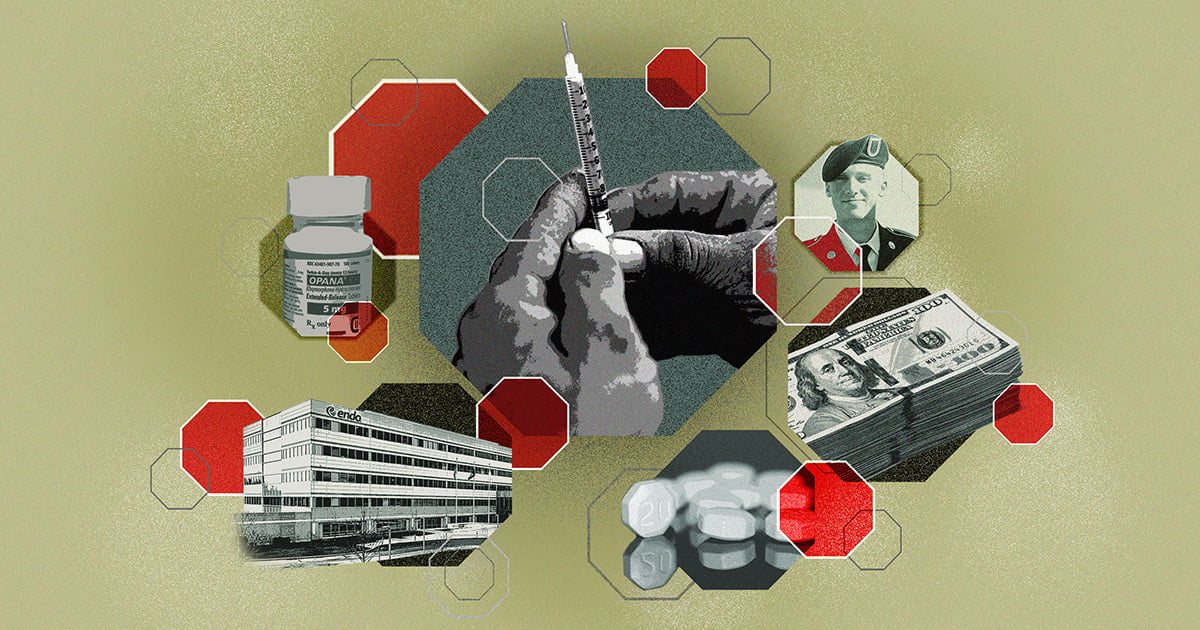This spring, the Justice Department announced a major victory against a drug firm that manufactured billions of opioid painkillers. Endo Health Solutions, the agency said, would face $1.5 billion in fines and forfeitures and plead guilty to a corporate criminal charge.
…
But in the end, federal prosecutors offered far friendlier terms than those trumpeted by the agency.
Endo would not have to pay the $1.5 billion in criminal penalties, which was already a deep discount from the billions federal officials said Endo owed for dodging taxes and driving up Medicare costs.
In what amounted to a liability fire sale by the Justice Department, the company’s woes with the federal government would all be resolved by a $200 million payment.
In sentencing Endo in federal court in May, Judge Linda Parker wondered how the amount paid to the U.S. could be so low.
“I don’t understand. I really don’t understand,” Parker said. “I just don’t understand how it went from $1 billion to $200 million.”
Federal prosecutor Benjamin Cornfeld explained: Endo was broke.
“The reality is that there are limited funds available because the debtors were in bankruptcy,” Cornfeld said.
But a fuller explanation, drawn from corporate filings, interviews, and criminal court and bankruptcy records, shows how the DOJ, after years of aggressively prosecuting opioid companies, delayed for a decade a winning criminal case against Endo. In the intervening years, Endo vastly expanded its narcotic-pill empire before executing a corporate escape plan.


